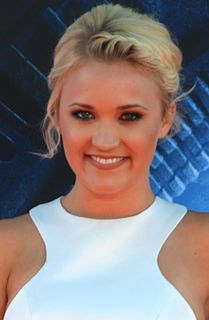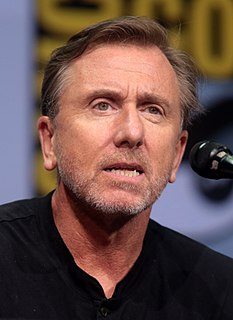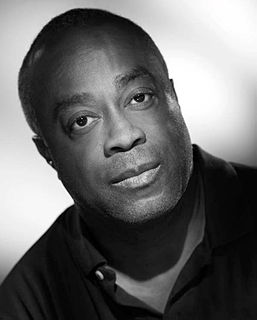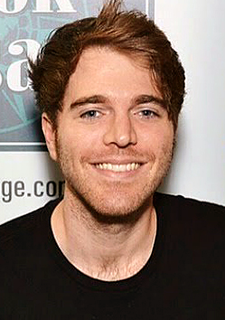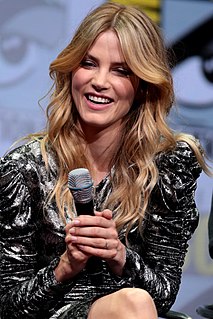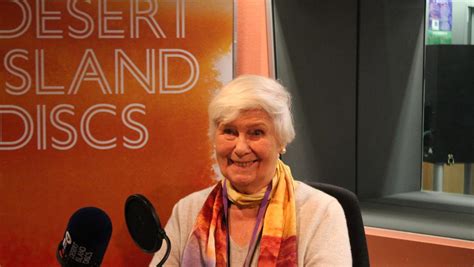A Quote by Emily Osment
I've always been one to want to memorize everything and just be confident that I know all of the lines, but that changed. After college, I realized it's not as much about being off-book as it is about completely understanding the character and, more so, getting into the mind of your character.
Related Quotes
When something arrives, you have no idea what's in it, which is good. And then, it's is the story leaps off the page at you and how your character functions within it. There could be just one scene and if it's wonderful, it doesn't matter how much you're working on it because you just want to be in it. It's really about what your character's day to day world looks like, and if you feel like that's something that's complete, and that you'd like to inhabit for awhile. You'll know by a couple of scenes in. If the character grabs you, you run with it.
With non-professionals, there's a lot of time you have to allocate to getting what you want with them, but also you cast based on who they are, to bring out their real personalities. So it's less about working on character and more about just getting them comfortable in front of the camera to be themselves, and understanding the process.
I'm very much into the costuming of any character that I portray and it's one of the great things about making movies is it's a collaborative art form so you get all these artists who are looking specifically about for this instance your character's costume and what that might tell about your character.
When we want a book exactly like the one we just finished reading, what we really want is to recreate that pleasurable experience--the headlong rush to the last page, the falling into a character's life, the deeper understanding we've gotten of a place or a time, or the feeling of reading words that are put together in a way that causes us to look at the world differently. We need to start thinking about what it is about a book that draws us in, rather than what the book is about.
I didn't know too much about his comic book history. I know that in 'Teen Titans,' he's much more the comedic relief. But after reading the comic book iteration of Cyborg in 'The New Teen Titans' from the 1980s that Marv Wolfman and George Perez had worked on, I saw that there was a lot of texture to the character.
